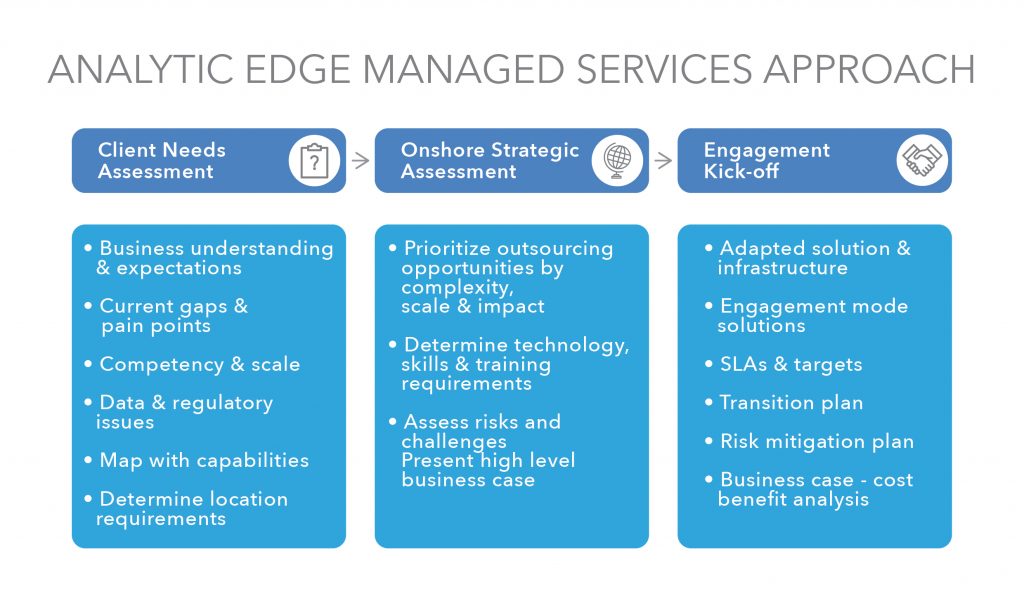The Future of BPO: how to Scale, Stay Compliant, and Win in the AI Era

The BPO video game is altering fast. If you’re still treating outsourcing like a cost-saving exercise, you’re already behind. Today’s winning BPOs aren’t just service providers-they’re strategic partners, development leaders, and compliance powerhouses.

That was the core message of our most current panel discussion, where industry professionals explored the most significant obstacles and in BPO today. Our panelists-Dr. Gleb Tsipursky (CEO of Disaster Avoidance Experts), David Judge (CEO of Affordable Staff), and Subho Pati Sanyal (COO of Netsula Group)-shared their insights on how BPOs can remain competitive in a quickly progressing landscape.

If you missed it, do not worry-we have actually got the full video, highlights, and essential actions you can take now to future-proof your BPO. And if you desire the complete roadmap, get the BPO Executive Playbook.

Boost your group’s performance with Hubstaff’s efficiency tools
Five unfiltered takeaways from the BPO panel conversation
Here’s what the specialists had to state about what’s working, what’s broken, and where BPOs need to progress.
1. Cost-cutting won’t conserve you-innovation will
The days of winning customers exclusively through lower expenses are over. The panelists stressed that companies are now searching for BPO partners who can drive development, enhance company procedures, and provide long-term strategic value-not simply deliver services at a lower price.
BPOs that fail to innovate danger becoming outdated as businesses increasingly look for automation, AI-driven effectiveness, and customized expertise instead of easy outsourcing. The essential takeaway? If your only value proposition is expense decrease, you’re in a race to the bottom.
– Conduct a service audit to recognize areas where your BPO can add more strategic worth beyond cost-cutting.
– Purchase AI and automation to drive effectiveness while enhancing service quality.
– Develop a consultative approach-don’t simply wait on customers to ask for improvements; bring originalities proactively.
2. Automation isn’t optional-it’s the game-changer

AI and automation aren’t simply tools to increase efficiency-they are basically altering the BPO market. The panelists noted that leading BPOs aren’t just carrying out tech; they’re leveraging it to expect customer requirements, improve decision-making, and create brand-new service chances.
However, numerous BPOs make the error of dealing with automation as a fast fix instead of integrating it into a more comprehensive service strategy. To prosper, BPOs should align their tech adoption with long-lasting objectives, making sure that AI supports and enhances human expertise rather than changing it.
– Identify 3 key areas in your workflow where automation can deliver instant impact.
– Train your labor force on how to use AI tools effectively, ensuring adoption aligns with functional goals.
– Continuously evaluate and fine-tune automation strategies to improve service quality.
3. Compliance isn’t a headache-it’s an one-upmanship
While compliance is typically viewed as a regulatory burden, the panelists concurred that BPOs that embed compliance into their culture gain a competitive advantage. Businesses are significantly inspecting their contracting out partners for data security, regulatory compliance, and risk management.
Rather than treating compliance as an afterthought, effective BPOs proactively establish frameworks that surpass market requirements, line up with customer needs, and develop trust. Those who stop working to prioritize compliance might discover themselves losing high-value customers who require higher security and governance requirements.
– Run a compliance audit to guarantee your procedures satisfy worldwide regulatory requirements.
– Establish a quarterly compliance review to stay up to date with altering regulations.
– Train teams on data security best practices to avoid compliance risks before they emerge.
4. Hybrid and remote teams aren’t a phase-they’re the future
Remote work isn’t going anywhere, and BPOs need to adapt appropriately. The panelists highlighted that BPOs operating globally need to develop structures that support hybrid and remote teams while preserving performance, responsibility, and compliance.
With leading talent significantly seeking flexible work plans, BPOs that buy remote labor force management tools and outcome-based performance tracking will have a significant hiring and retention advantage. The shift isn’t almost worker satisfaction-it’s about optimizing operations and making sure long-lasting business sustainability.
– Purchase remote labor force management tools to make sure productivity and responsibility.
– Offer flexible work plans to bring in and maintain leading talent.
– Implement clear performance tracking metrics to measure outcomes instead of hours worked.
5. If you’re stuck in a price war, you’re doing it incorrect
One of the biggest concerns amongst BPO leaders is competition from inexpensive providers. The panelists made it clear that competing on price alone is a losing technique. Instead, effective BPOs separate themselves by using customized expertise, deep market understanding, and seamless service integration.

Clients want to pay more for BPOs that solve their organization challenges, decrease risk, and offer ongoing tactical guidance. Instead of chasing lower margins, BPOs should focus on becoming essential partners that businesses can’t manage to replace.
Actionable steps:
– Develop case studies showcasing the special worth your BPO delivers.
– Offer consulting services in addition to basic outsourcing to deepen client relationships.
– Focus on specific knowledge in high-demand areas like AI combination or compliance management.
What’s your next relocation?

The BPO landscape is developing quick. Companies that embrace automation, compliance, remote workforce management, and strategic consulting will thrive-while those that remain stagnant will be left behind.
Want the complete roadmap? Download the BPO Executive Playbook and get the 7 winning relocations you need to scale, remain certified, and exceed the competitors.

